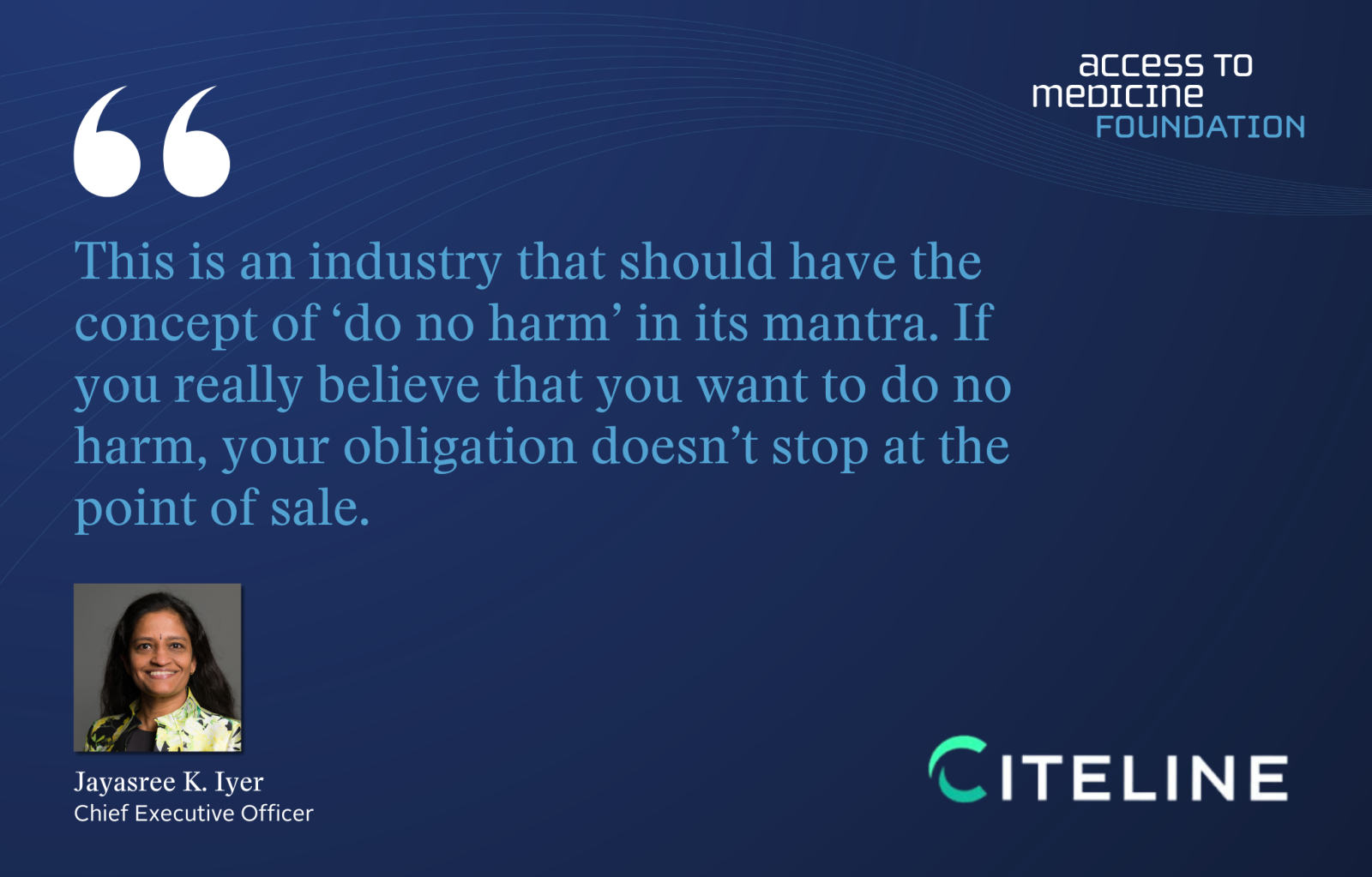Date
13 October 2025
Opening The Black Box Of Generic Drug Quality In LMICs
Direct links

The article highlights a recent study from the University of Notre Dame, which was initially intended to develop a new technology using paper cards for testing the quality of oncology drugs in low- and middle-income countries (LMICs). However, through the process, scientists discovered that one out of six of the products tested did not meet quality standards.
The two companies whose products failed the study, Accord and Venus Remedies, pointed to the possibility of the products’ exposure to suboptimal shipping conditions during transit, such as high temperature, raising questions about the culpability of pharmaceutical companies to ensure their products are handled safely throughout the supply chain.
Jayasree K. Iyer, CEO of the Access to Medicine Foundation is featured, confirming that low-quality medicines in LMICs are an ongoing issue that must be addressed. She explains that while regulators are responsible for enforcing preventative regulations and quality standards in procurement, the pharmaceutical industry also shares a significant amount of accountability.
“This is an industry that should have the concept of ‘do no harm’ in its mantra,” the article quotes Jayasree. “If you really believe that you want to do no harm, your obligation doesn’t stop at the point of sale.”
Beyond ethical responsibilities, Jayasree also underlines companies’ legal liability in ensuring that their supply chain partners meet regulators’ standards: “If [companies] are blissfully aware, then it’s a criminal offense. If you’re completely not aware, that can be solved by better monitoring and fixing the system,” she says.
